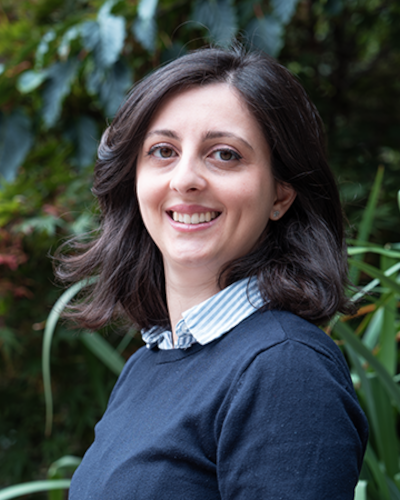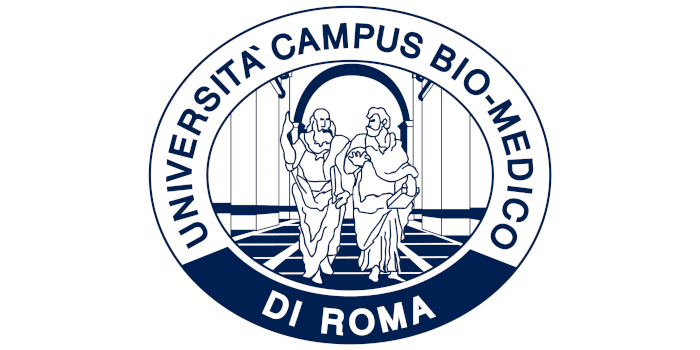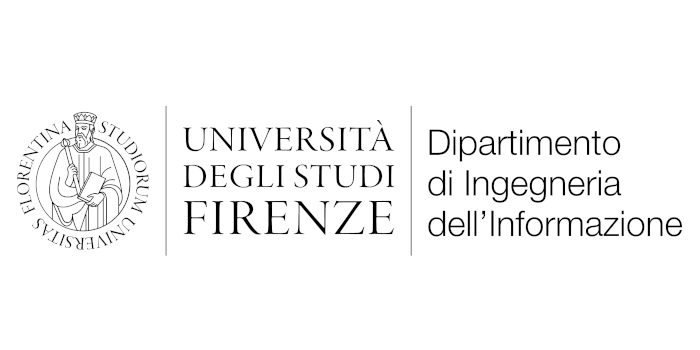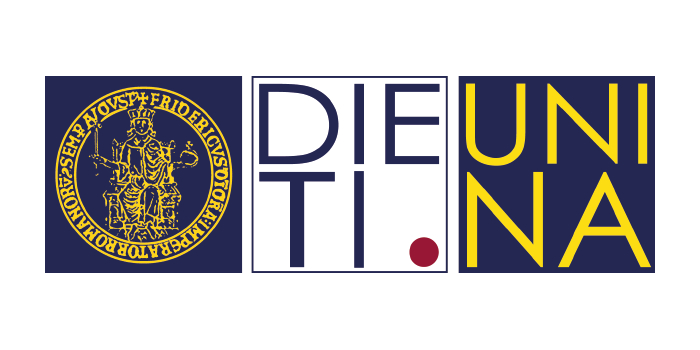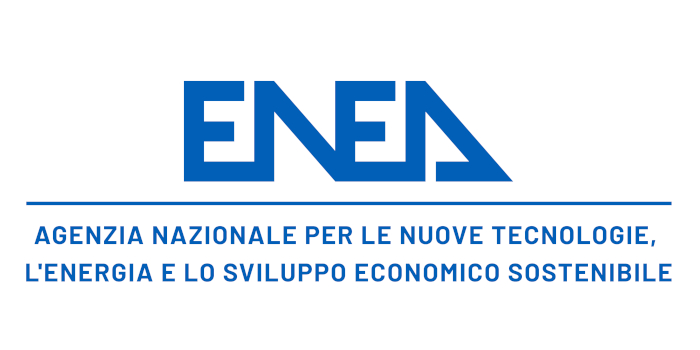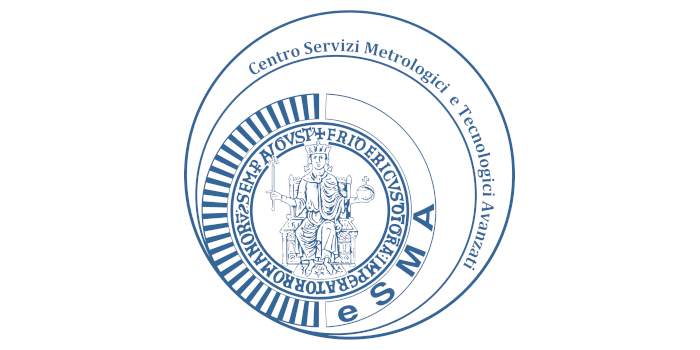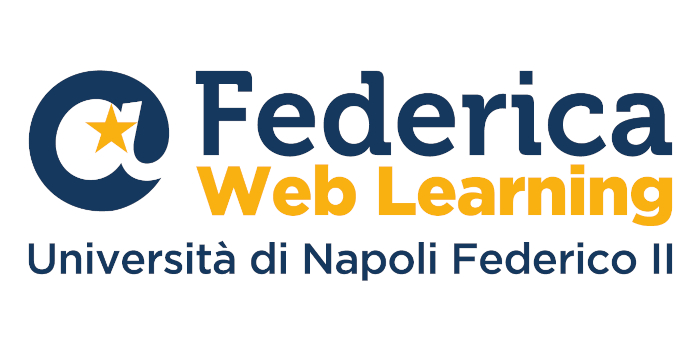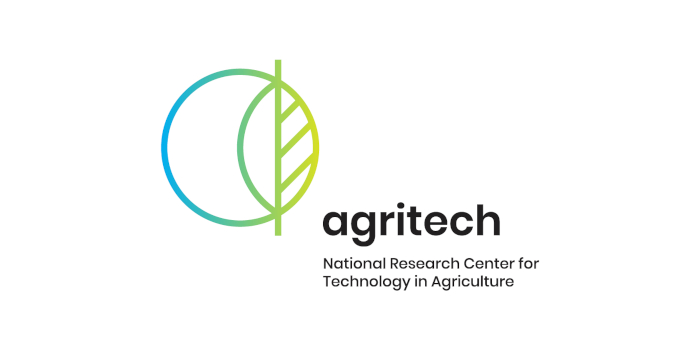SPECIAL SESSION #16
Advanced Sensing And Measurement Technologies For Intelligent And Human-Aware Cyber-Physical Systems
ORGANIZED BY
Jan Nedoma
VSB - Technical University of Ostrava, Ostrava
Fatima Dominques
Khalifa University, Abu Dhabi UAE and Instituto de Telecomunicações, Aveiro - Portugal
Alessia Noccaro
Newcastle University
Daniela Lo Presti
University Campus Bio-Medico of Rome, Italy
SPECIAL SESSION DESCRIPTION
Intelligent, human-aware cyber-physical systems are emerging across multiple domains, including aerospace operations, smart manufacturing, robotics, and next-generation human–technology interaction. Their evolution depends on advanced sensing and measurement technologies capable of capturing, interpreting, and integrating heterogeneous data streams, from structural and environmental variables to physiological and behavioral indicators.
This special session will explore innovations in multimodal sensing, metrology, and data-driven measurement frameworks that enable cyber-physical systems to operate with greater autonomy, safety, adaptability, and human awareness. Topics include structural and environmental monitoring in aerospace and other high-performance operational settings, sensing for intelligent manufacturing and robotic systems, wearable and embedded physiological sensing, and AI-enhanced measurement pipelines for real-time decision-making.
By bringing together experts working across high-performance engineering, industrial automation, and human-centered monitoring, the session aims to demonstrate how sensing and measurement unify these fields into integrated, intelligent ecosystems. Contributions are invited on sensor design, distributed measurement architectures, fusion algorithms, digital twins, predictive analytics, and human-aware sensing strategies that enable next-generation cyber-physical systems.
ABOUT THE ORGANIZERS
Jan Nedoma (Senior Member, IEEE) is currently a Professor and Head of the Photonics and Optoelectronics Laboratory in the Department of Telecommunications at the Technical University of Ostrava. He is a member of the scientific council, a senator of the Academic Chamber of the Senate, a member of doctoral and habilitation committees, and the guarantor of the bachelor's programme Communication and Information Technology at the FEECS. During his scientific career, he has been the principal investigator or co-investigator on more than 30 projects and is the author of over 250 journal articles and conference papers. He holds 13 Czech patents and serves as an Associate Editor for IEEE Sensors Reviews. His research interests include optical and optical-wireless communications, photonics, optoelectronics, optical measurements, communications and information engineering, fiber-optic sensors, and biomedical engineering. Since 2022, he has been listed among the top 2% of world scientists in the field of Optoelectronics & Photonics (Stanford University ranking).
Fatima Dominques (Senior Member, IEEE) is currently an Assistant Professor at the Biomedical Engineering and Biotechnology Department at Khalifa University, Abu Dhabi UAE and a Research Collaborator at Instituto de Telecomunicações, Aveiro - Portugal. She received her PhD in Physics Engineering from University of Aveiro, Portugal, in December 2014. She is the lead researcher in biomedical applied photonics at the BMEBD-KU, with +130 co-authored peer-reviewed publications in this field. In 2024 and 2025 Dr. Domingues was listed in the top 2% of the most-cited scientists according to Stanford University and Elsevier rankings.
She has been part of the organizing committee of various international conferences and scientific meetings, including IEEE HealthCom 2022 and Healthcom 2025, IEEE WF-IoT2024, 2025 and 2026, IEEE ICC 2024 and Globecom 2025 and 2026. She is an IEEE Senior Member and an active member of several IEEE Societies. Since January 2022, she is the Secretary for the IEEE EMBS Portuguese Chapter.
Alessia Noccaro (Member, IEEE) is a Lecturer in Robotics and Mechatronics at Newcastle University (UK) in the Neurorobotics Group. In 2020 she received her Ph.D. in Biomedical Engineering from Università Campus Bio-Medico di Roma, where she also earned her Bachelor’s and Master’s degrees in industrial and biomedical engineering, respectively, with highest honors. Her research focuses on human-robot interaction, haptic feedback, and movement augmentation, with particular emphasis on human motor control and supernumerary robotic limbs. She actively contributed to several National and EU-funded projects. In 2019 she was a visiting researcher at Imperial College London and. Dr. Noccaro is a recipient of the RAEng UK IC Postdoctoral Research Fellowship for her work on human control of extra robotic limbs.
Daniela Lo Presti (Ph.D 2021) is currently assistant professor at the Unit of Measurements and Biomedical Instrumentation of Università Campus Bio-Medico di Roma. Her main research activities focus on the design, fabrication, and feasibility assessment of smart systems and wearables based on fiber optics for application in smart healthcare and agriculture. She actively contributed to several National and EU-funded projects. In 2024, she was ranked in the global top 2% scientists by Stanford University.



